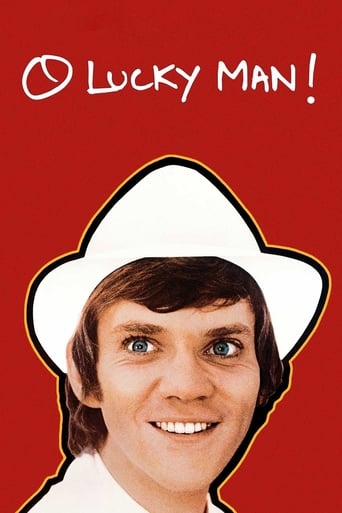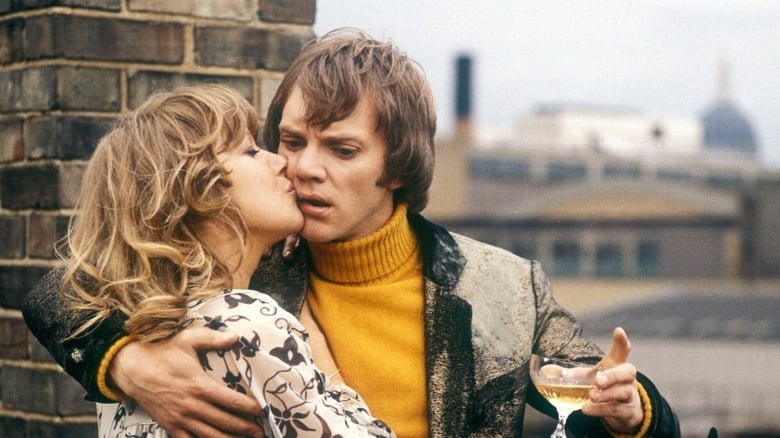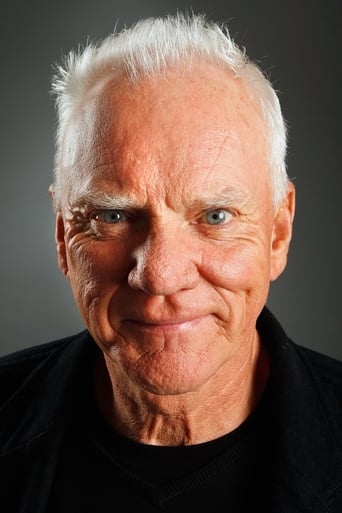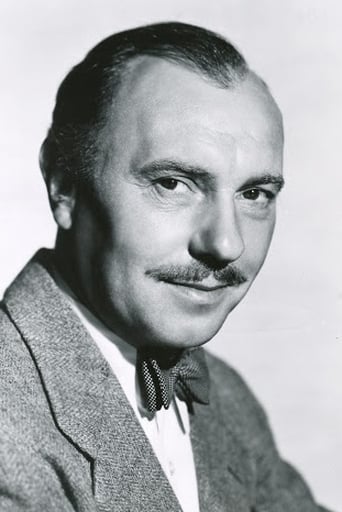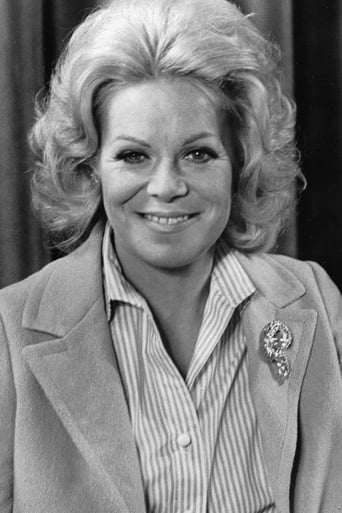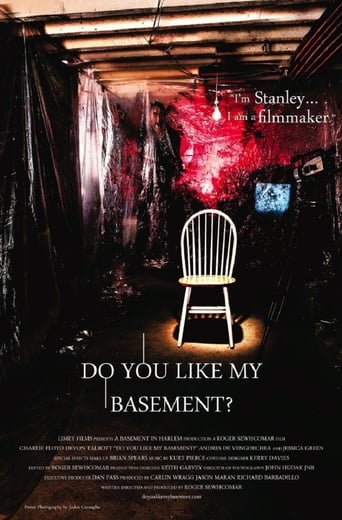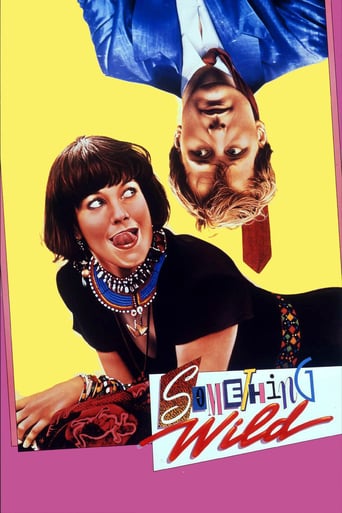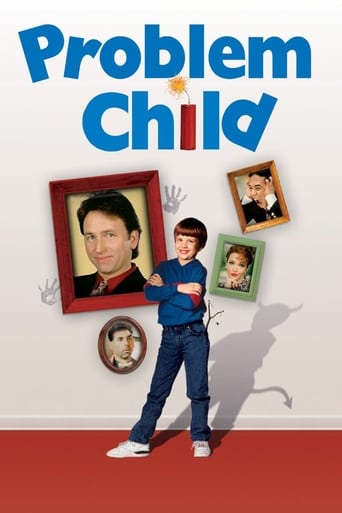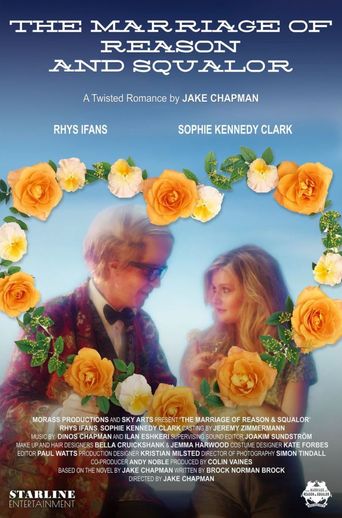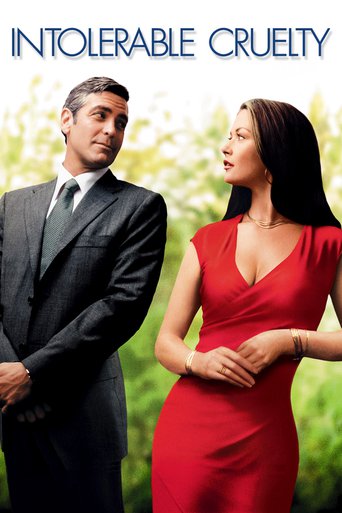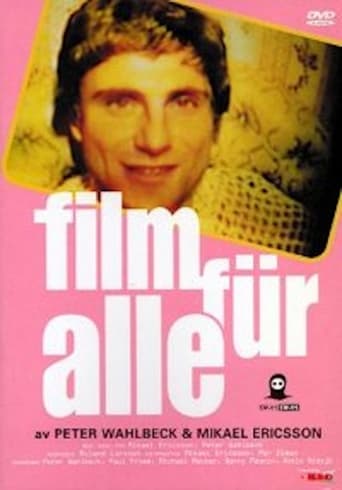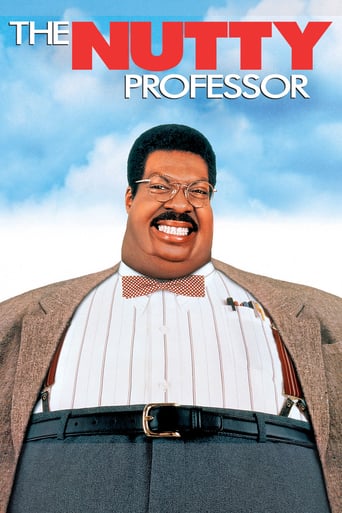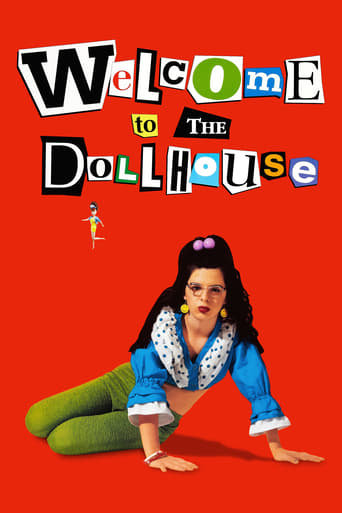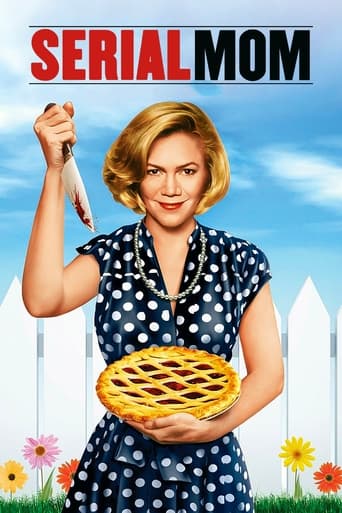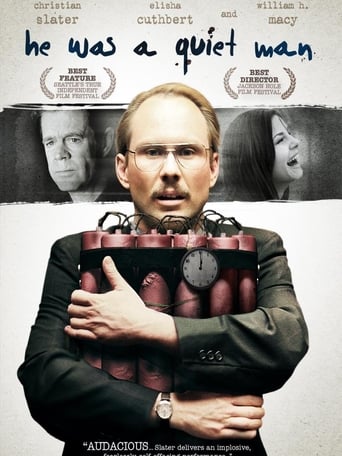O Lucky Man! (1973)
This sprawling, surrealist comedy serves as an allegory for the pitfalls of capitalism, as it follows the adventures of a young coffee salesman in modern Britain.
Watch Trailer
Cast


Similar titles
Reviews
I love this movie so much
Good movie, but best of all time? Hardly . . .
Pretty good movie overall. First half was nothing special but it got better as it went along.
Through painfully honest and emotional moments, the movie becomes irresistibly relatable
This is simply one of my favorite films, and shows that just because the studio system was long dead by the 1970's, that doesn't mean that there aren't plenty of worthwhile classics from that decade and beyond. This movie is unique, and yet to watch it is to see something that was very typical of films in the early 1970's - film trying to reflect in some way upon the world as it exists or is heading. Then came CGI and the cartoonish escapist fantasies that comprise the vast number of films we have today. This film really requires multiple viewings to get it. It basically follows the moral journey of an initially smiling coffee salesman (Malcolm McDowell) as he has his ideals smashed one by one. McDowell was himself a coffee salesman as a young man, and the whole film is from an original idea and script of his very own. I think it does a perfect job of describing the 1970's, which was basically a bridge decade between the idealistic 1960's and the "If it doesn't contribute to the bottom line then it's expendable" mode of thinking that began in the 1980's and just gets more entrenched as time passes. This film isn't for everyone, and although the two movies have completely different story lines, I'd say if you liked "Harold and Maude" you'll like this one too.
I have to admit that I re-approached Lindsay Anderson's Michael Travis trilogy, ("If....", "O Lucky Man" and "Britannia Hospital") with a certain amount of trepidation. Films that belong very much to their age so often become dated almost to the point of embarrassment. Imagine my delight when these scored two out of three. I suppose there was never much to redeem "Britannia Hospital", a strangely unfocused attempt to swipe at Thatcherite Britain and the monarchy that somehow lacks the savagery needed to bring it off. By finishing Travis off toward the end in a welter of Hammer horror gore it all becomes unforgivably silly. The first of the trilogy, "If...., on the other hand is nothing short of a triumph. In its indictment of privilege through studying the hypocrisy and cruelty of of public school life, it has that very element of savagery that makes the introduction of the revolutionary element culminating in the final Speech Day massacre absolutely inevitable. I tingled with a real sense of rediscovery on re-seeing this fine film. To a certain, if slightly lesser extent, my excitement carried over to "O Lucky Man!" in many ways the strangest and most ambitious of the trilogy. Here the revolutionary Travis of "If...." embarks, as a coffee salesman, on a picaresque 'Pilgrim's Progress' journey of Britain in the early 70's. The stages of his 'pilgrimage' never quite add up (something shared with the Bunuel of "The Milky Way" and "The Phantom of Liberty") but with their endless variety of unexpected incident they always intrigue and satisfy. Part of the fascination is the way Anderson's stock team of actors turn up in different guises playing as many as two, three of four characters. By punctuating the various chapters of this 'road movie' with Alan Price's songs that reflect on the action like a Greek chorus, a very satisfying sense of unity is achieved in a work that might otherwise have seemed diffuse. Add to these elements a cleverly diverting ending in which Malcolm McDowell auditions for his role in the film and you have one of the most perversely brilliant works by someone who, like Bunuel, was a real maverick.
The central idea of Lindsay Anderson's bizarre and sometimes frustrating political satire seems to be that ideals inevitably come to grief when they fall into contact with humans and human society, which are invariably corrupt, petty, stupid, selfish and cruel. This is a pretty dark message for a comedy, even one as black as this, but it helps that the main character manages to cling to his ideals for as long as he does. The story comes from McDowell's own experiences selling coffee in the 'territories' (ie. the parts of England that aren't London), but the plot runs fairly close to that of Waugh's Decline and Fall, as we follow the fortunes of a naif through the blood thirsty world of capitalism and eventually into prison and beyond. Along the way we encounter every class and type of Britisher, every UK institution and we watch as idealism crumbles in the face of pragmatism and the failings of human character. Ex-Animals keyboardist Alan Price provides often clever, sometimes intrusive or annoying sung commentary on the action and on England herself, which makes for a somewhat uneasy mix, but then the whole film is like that. Anderson pulled out all of the stops and dares the audience to put up with the results. Hollywood won't do this now, but directors in the early 70s and especially those working outside the big studios could get away with it. At almost three hours length, and with a picaresque story that is never about just one thing for more than twenty minutes, this movie is a bit of challenge to sit through.Make the effort. Movies like this don't get made anymore and we're oh such lucky men to have this one.
So, you get tortured because you pop in on a secret nuclear facility? Welcome to waterboarding: it's just friendly persuasion. So you witness an accident involving 2 deaths and the cops threaten to charge you with manslaughter if you don't beat it (there is a lot of merchandise on the truck that they can take if you're not involved).The constable and the chief justice of a town are some of the participants in the after-hours sex club, where they have a chocolate sandwich on the stage. At least there was no minister there and Anderson was too naive and innocent to represent the pedophilic nature of modern day priests, denied the normal sexual outlets. For a man who despised the corruption of power, he did an outstanding job showing it ...all depicted as a very natural thing. The maid who delivers the tea, just as naturally unlocks Malcolm from the chair to which he is held prisoner.Such a great movie. Tonight I go back and see the commentary which certainly (by Malcolm) makes this a lot more sensible. Seeing Helen Mirren, the great lady of the English stage, acting as a young girl in many different parts gave you a real idea of the heights that she would come up to..

